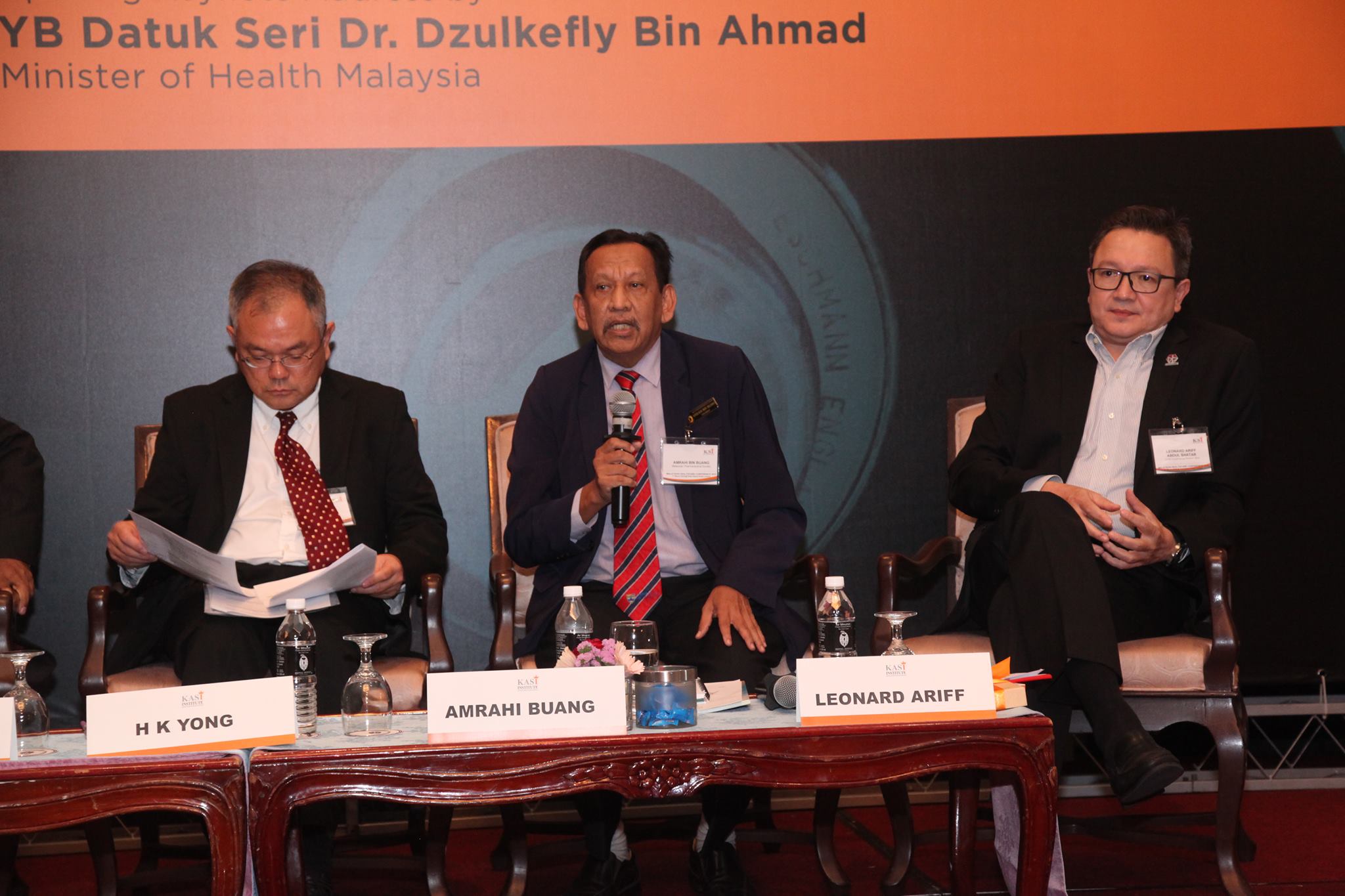KUALA LUMPUR, June 26 — A pharmacists’ group questioned the government how it will compel doctors who insist on selling medicines to give patients prescriptions instead.
The Malaysian Pharmaceutical Society (MPS) said it supported private general practitioners’ (GPs) call for a raise in their consultation fees, provided that the prescribing and dispensing of medicine is separated to doctors and pharmacists respectively.
“If the powers-that-be address the consultation fee issue, then by right, patients should be able to decide where to buy medicines,” said MPS president Amrahi Buang.
“If a patient requests for their prescription, then the doctor should rightfully give it to them. But in reality, will that happen?
“If a GP refuses to give the prescription, the question is what can a patient do? If the matter concerning fees of the GPs have been addressed but they still insist on selling medicines, then this gives the presumption that GPs only want to increase their income at the expense of the patient.”
Amrahi said the onus should be on the GP to give prescriptions, not on the patient to ask for them.
He added that the government should involve community pharmacists in the mySalam health insurance and the Peka B40 health screening schemes for the bottom 40 per cent (B40), as they can prescribe medicines under the Group C category, which are drugs that can be sold by a licensed pharmacist, medical practitioner, dentist, or vet.
“Furthermore, the prices of medicines are very much transparent compared to GPs and private hospitals which do not practice itemised billing for medications.
“Therefore, the allocation via these health care cards go a longer way if patients are able to see community pharmacists for minor ailments,” said Amrahi.
According to him, there are over 2,780 community pharmacies nationwide.
GPs have long demanded for their consultation fees of RM10 to RM35 for be harmonised with their better-earning hospital-based counterparts who make RM30 to RM125.
But Health Minister Dzulkefly Ahmad told GPs at a recent town hall meeting to wait for the economy to improve first, even though their fees have not changed since 1992.








